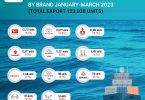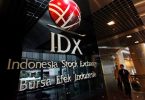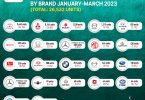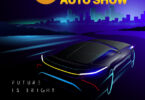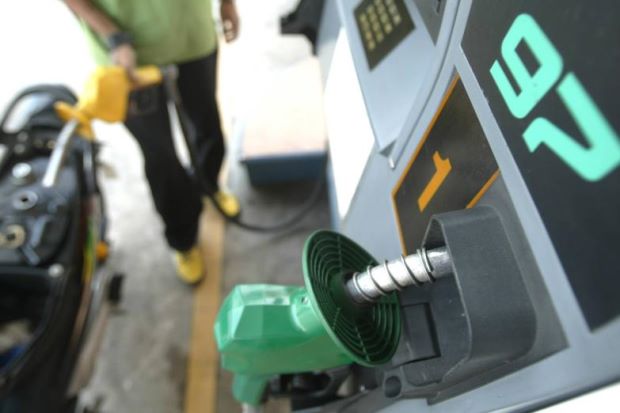 JAKARTA – The Association of Indonesian Automotive Industry (GAIKINDO) welcomes the government’s step to immediately implement a policy on the application of Euro4 emission standard. GAIKINDO’s positive attitude is in accordance with its capacity as a platform for automotive industry players in Indonesia, especially those car manufacturers (production) and distributors.
JAKARTA – The Association of Indonesian Automotive Industry (GAIKINDO) welcomes the government’s step to immediately implement a policy on the application of Euro4 emission standard. GAIKINDO’s positive attitude is in accordance with its capacity as a platform for automotive industry players in Indonesia, especially those car manufacturers (production) and distributors.
As reported by the end of March 2017, the Government of Indonesia officially launched a policy to certify the implementation of Euro4 emission standard. The policy is formulated in Regulation of Ministry Environment and Forestry No. P. 20 / MENLHK / SETJEN / KUM. 1/3/2017, on the standard exhaust emission of Euro 4-type motor vehicles. The plan will come into effect in 2018, exactly as GAIKINDO had previously predicted.
The regulation encourages several stakeholders to ensure the availability of fuel that meets the requirements of the Euro4- research octane number (RON) 92 and above for gasoline, and sulfur content below 50 par per million (sulfur) Ppm for diesel fuel. The provision of fuel with the quality of Euro4 emission standard is very important considering the impact is technically very serious.
“Fuel with quality below Euro4 will make car damaged and difficult to repair. So, do not let tricky people use the fuel that does not fit specification. In addition to damaging cars, fuel under Euro4 also creates pollution that damages human health,” said GAIKINDO Secretary General Mr Kukuh Kumara.
As is known, the rule will be effective specifically for gasoline fuel as of 18 months ahead since it was published. While diesel will apply for the next four years. The rule also requires that two or more wheelers sold in Indonesia must use fuel with Euro4 standard specifications. Currently, Indonesia still uses Euro2 standard.
For GAIKINDO, the regulation also provides new homework. Mr Kukuh said the automotive manufacturers in Indonesia need to make new steps to prepare themselves to comply with the regulation, given all the automotive technology in Indonesia is still based on Euro2 emission standard.
“There will be a transitional period. We are still using technology Euro2, and the process to shift to Euro4 must go through a smooth process, “said Mr Kukuh.
For the automotive industry, this regulation is very important. This makes the level of competition to be wide open, for example Indonesia now has the opportunity to widen export destinations efficiently. (*)



